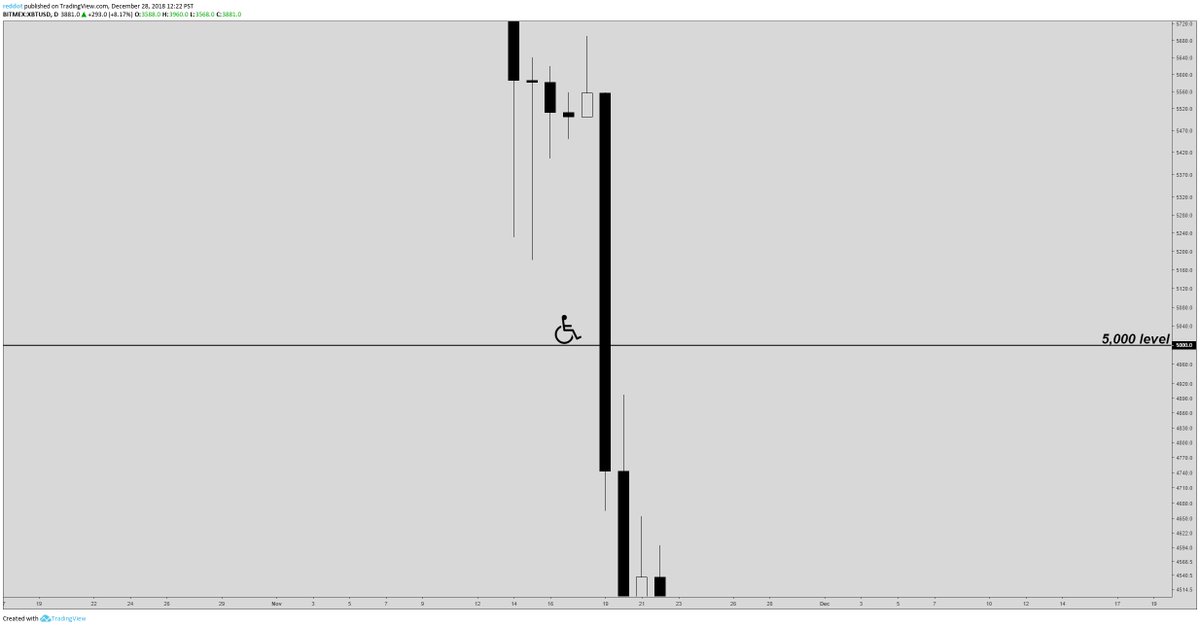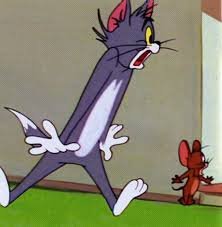TLDR below this tweet.
>Disciplined
>Focused
>Confident
1) Attitude on being wrong
2) FOMO
3) Losing money
4) Leaving money on the table
Encounters with the outside world create our memories/beliefs/distinctions. These act as a force inside of us, sometimes even shielding us from new inputs, unless we are in a state of conducive learning.
When you had any problems, you perceived what the market made available, or what your mind made you available?
To trade without fear or overconfidence, perceive what the market is offering from its perspective, stay focused in the Now Moment Opportunity Flow and spontaneously enter the flow.
"Strong belief of an uncertain outcome with an edge in your favor"
Traders don't adhere to these principles because they believe they already know what's going to happen.
Random outcome, consistent results. Recognize patterns, understand they are unique. If even one variable is off, the outcome might not be the same. Best traders are confident in overall success of their edges and commit to trade every one the market gives them.
2) No need to know what'll happen to make money
3) There is a random distribution between wins and losses for any given set of variables that define an edge...
5) Every moment in the market is unique
When you accept the risk of trading, you eliminate perceiving the market information in painful ways, so there is nothing for your mind to avoid, so you'll have access to everything you know about market movement, discovering new edges you would've avoided.
1) Beliefs resist any force that would alter their present form
2) All beliefs demand expression
3) They keep working even if we're not aware
The key to consistency as a trader: deactivate bad beliefs and create better ones
It's a pattern recognition numbers game. You have to operate in a state of not having to know to properly manage expectations over a large number of trades.
Mechanical stage
1) You build self trust to operate in an unlimited environment
2) Learn to execute a trading system
3) Train mind to think in probabilities
4) Create unshakable belief in your own consistency of a trader
Use all learning of markets to do anything you want to do - trade. very free, so monitor yourself to fix self valuation linked errors.
Intuitive stage
This is the most advanced stage, you can't try to be intuitive, only create a mindset facilitating it.
Monitor yourself when trading. The idea is to become an objective observer of your own thoughts, words and deeds.
When you observe yourself objectively, you do so without judgement. If you do so without judgement, there won't be any pain.
"I am a consistent winner because...
1) I objectively identify my edges
2) I predefine the risk of every trade
3) I accept risk and willing to let go
4) I act without hesitation
6) I continuously monitor my susceptibility to make errors
7) I understand the absolute necessity of these principles of consistent success and therefore never violate them"
Good luck, safe trading!








